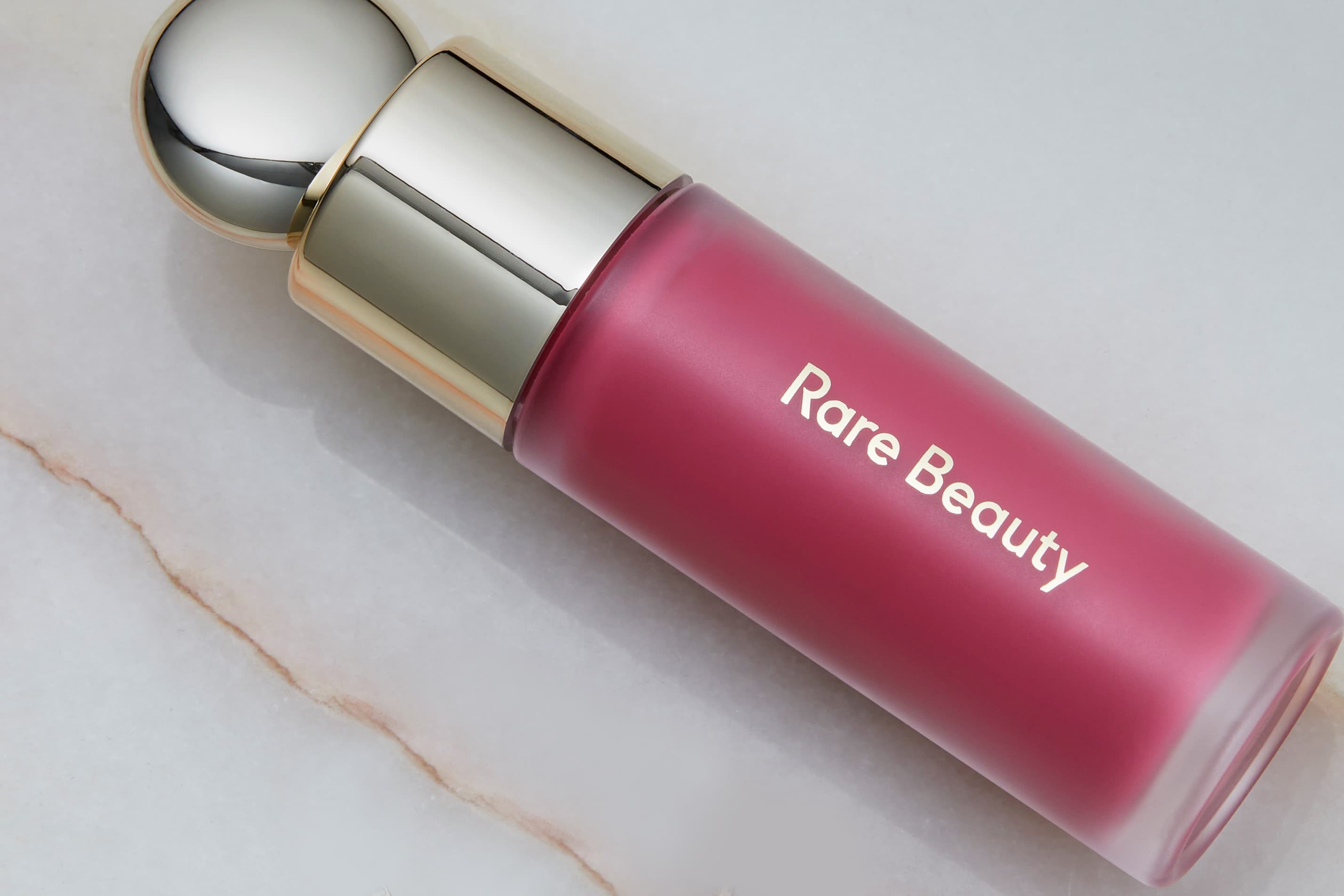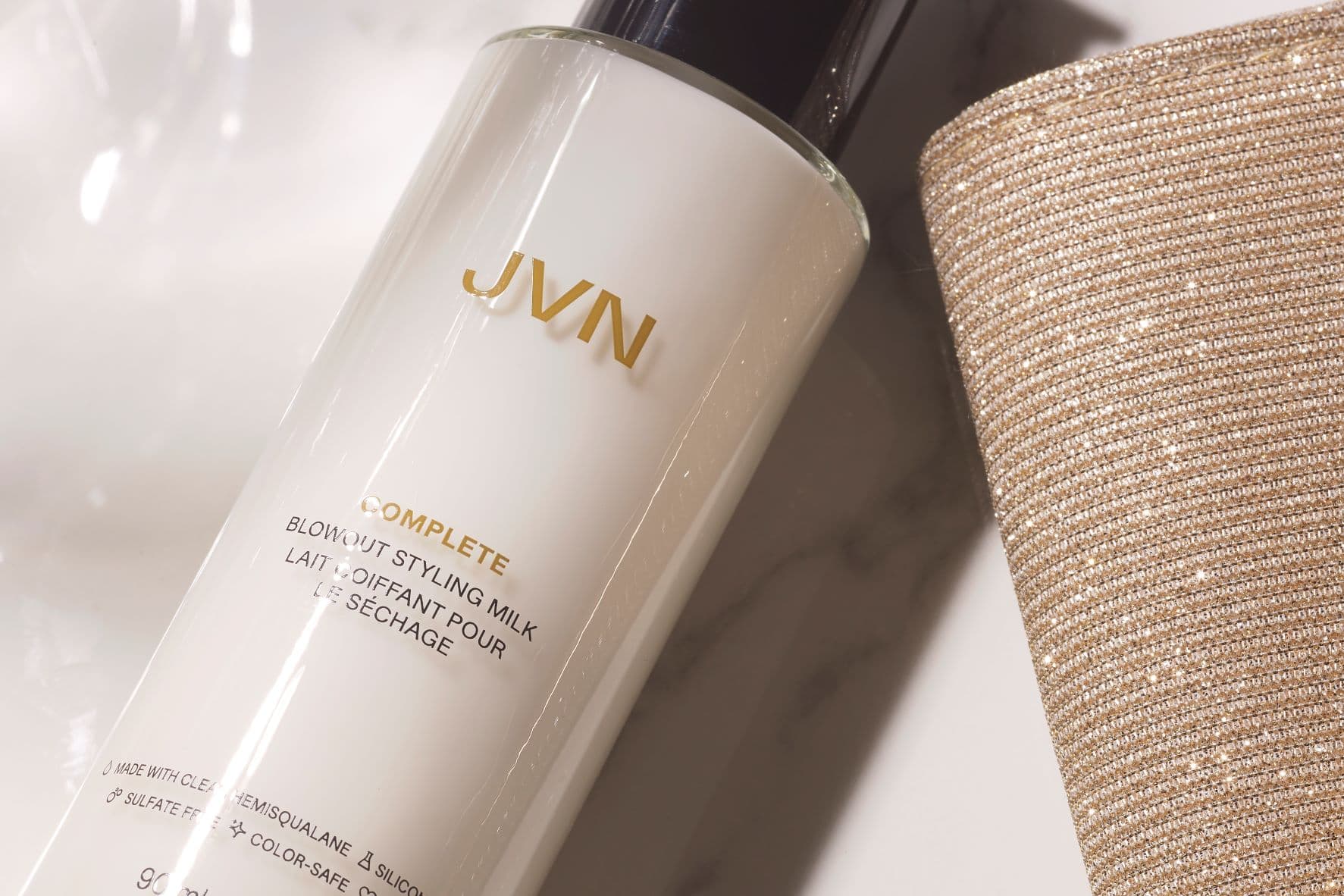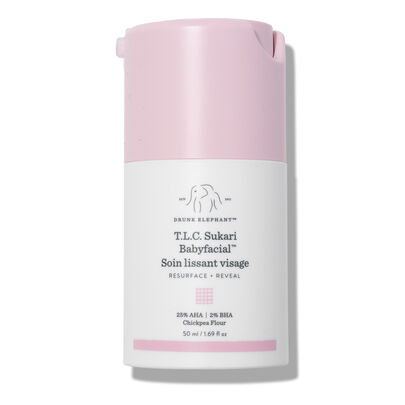Understanding Acne & Pigmentation In Darker Skin Tones
Understanding Darker Skin
“Generally speaking, people with darker skin have more melanin compared to those with lighter toned skin,” says Dr Ewoma. This is because darker skin tones constantly produce melanin, so when there is a trauma (think acne scarring or excessive UV exposure) the extra melanin is more easily triggered. Unfortunately, this stronger pigment means it can also take longer for marks and breakout scars to fade than it would on lighter complexions.
What Are The Different Types Of Pigmentation?
There are three different types of pigmentation we can all experience. First up is post-inflammatory pigmentation which refers to the dark spots that seem to stick around after a breakout. “This type of pigmentation is more common in those who have darker skin tones because part of our body’s inflammatory response to a breakout includes a surge in hormones, which can set off melanin production,” explains Dr Ewoma.
Secondly, there is pigmentation that occurs due to sun damage, which is often a result of excessive exposure to the UV rays without SPF. If that’s not a reminder to always wear SPF we don’t know what is. Lastly, there is melasma. This is caused by hormonal changes and is most common in women. Dr Ewoma tells us that the combined contraceptive pill and pregnancy are often triggers, but that it can also be genetic too.
What Are The Best Ways To Treat Pigmentation?
Care needs to be taken when it comes to treating pigmentation in darker skin tones as we don’t want to make matters worse. “I’d always recommend using products that contain AHA (such as glycolic and lactic acid) and BHA (like salicylic acid),” Dr Ewoma says. “These work to interrupt the melanin pathway (as does vitamin C and retinol), whilst also helping to reveal a healthy and glowing complexion.” Drunk Elephant T.L.C. Sukari Babyfacial, £ 72,00 will give you the benefits of both AHA and BHA thanks to its super powerful formula that helps to improve your overall skin tone. You could also try Murad AHA/BHA Exfoliating Cleanser, £ 46,00 for a gentle yet effective cleanse that uses both physical and chemical exfoliation.
Another powerhouse ingredient to consider is azelaic acid as this too can slow down abnormal melanin production. Paula Begoun, founder of Paula’s Choice advises using this alongside AHAs and BHAs. “Even though azelaic acid has some exfoliating properties, it’s not as effective when compared to AHA or BHA. If you’re struggling with sun damage or scarring, I’d advise using both together,” she says. Try using the Paula's Choice 10% Azelaic Acid Booster, £ 41,00 in your nighttime routine to really help achieve a more even toned complexion.
If your pigmentation is caused by melasma, Dr Ewoma says you’ll need to call upon prescription-strength products, such as tretinoin and hydroquinone to keep it under control. A non-hydroquinone alternative would be cysteamine. “It is an active that's been taking centre stage in the dermatology world recently,” she adds.
We know face-to-face consultations are limited right now, but if you’re considering professional grade options to treat stubborn areas, you can book a virtual consultation with Dr Ewoma. “If a client comes to me and is concerned about pigmentation but they still have active breakouts, I’d always advise treating the acne first. Once this is under control it’s much easier to tackle the scarring,” she says. If you’re contemplating laser, look for a clinic offering cool laser treatments as some can trigger heat damage and create more pigmentation in darker skin.
Can We Prevent Pigmentation?
When it comes to preventing acne scarring, the best thing you can do is to not pick and aggravate your breakouts. We know how tempting this is but the more you do, the worse the aftermath will be. Instead, treat them with a targeted solution such as the Dr. Dennis Gross Breakout Clearing Gel, £ 22,00, which uses salicylic and glycolic acid to remove impurities as well as niacinamide to reduce redness and eliminate inflammation. We also love the .
If you’re looking to prevent sun damage, the answer is as obvious as it seems - wear SPF and do so every day. This one’s non-negotiable for giving your skin optimal protection. When it comes to SPF for darker skin, Dr Ewoma says to avoid purely physical sunscreens. “These formulations are renowned to be ashy on deeper skin tones,” she says. “I generally advise my ethnic clients to use a chemical sunscreen. I can really vouch for the Shiseido Clear Stick UV Protector SPF 50+, N/A.”





